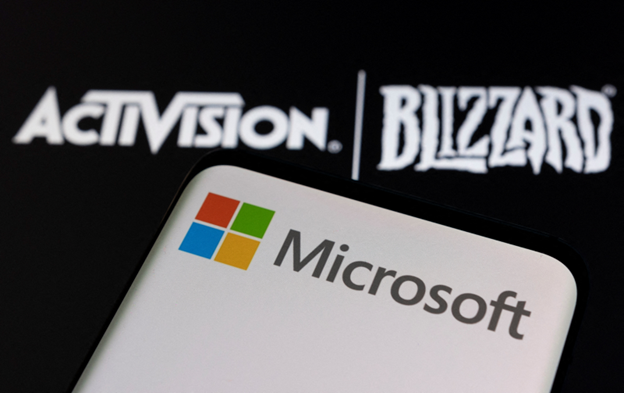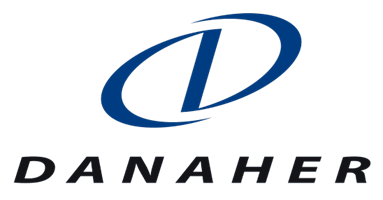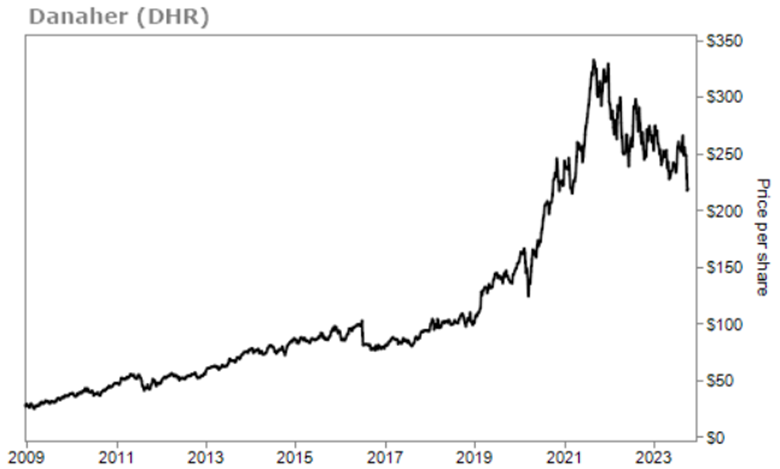Are M&As truly detrimental to the acquirers' stock performance? Read here to find out!
Every Wednesday, I talk about various tips and topics about investing. My hope is that through these basic investing tips, I’ll be able to help you boost your investment portfolio and achieve financial stability in the long run. For this article, let’s debunk a particular decades-old wisdom in the field of investing. Curious about what that is? Keep reading below to find out.
|
||
| Are M&As truly detrimental to the acquirers' stock performance? Read here to find out! Mergers and acquisitions (M&A). —business transactions in which the ownership of companies, business organizations, or their operating units are transferred to or consolidated with another business entity. Such transactions enable organizations to grow or downsize, as well as adjust their competitive position in the market. … but did you know that in 2011, a Harvard Business Review (HBR) article caused panic on Wall Street? The article claimed that between 70% and 90% of M&As fail to generate any value. What’s worse? The publication wrote that such transactions actually destroy the value of the acquiring company! According to Professor Joel Litman , Chairman and CEO of Valens Research and Chief Investment Strategist of Altimetry Financial Research , this is the last thing investment banks want to hear, especially as they make a HUGE chunk of money advising M&A deals. Thankfully, the article didn't seem to stop companies from trying to be part of the minority that did succeed through M&As… but it’s not without a fair share of negative talk too. The news created a bit of a stigma around M&As for investors. The reason was while the stocks of acquired companies tended to do well after a deal was announced, the stocks of the acquirers typically struggled. Take for example the case of Microsoft’s (MSFT) acquisition of video game company Activision Blizzard (ATVI) ...
On January 18, 2022, MSFT announced it was buying ATVI for USD 69 billion, making it the biggest deal in gaming history. The video game company’s stock shot up about 26% that day, while the software giant’s stock fell about 2%. In the months that followed, shares of ATVI remained above its pre-announcement price, while shares of MSFT took a nosedive, falling nearly 10% in March 2022. Take note: This was before federal regulators in the U.S. got involved and tried to block the deal between the two companies. Fortunately, MSFT’s shares recovered, and the deal was closed late 2023. Despite that, it became clear that investors feared a potential decline in value for MSFT after the acquisition’s announcement. Here’s the thing: New research tells a DIFFERENT, MORE PROMISING story of the acquisition landscape… As we’ll discuss in this article, companies with a game plan can be successful in M&A . We’ll talk about a few companies that have a good track record when it comes to acquisitions, and we’ll also share some best practices for the types of M&A that are likely to do well. The Secret to a Successful M&A According to Professor Litman, the strategy is to start small. A published Wall Street Journal article states that companies that do frequent, smaller deals tend to outperform others because this allows better identification of targets, integration of businesses, and reaping of financial rewards. Those that set their sights on nothing but big acquisitions without a sound playbook for success are bound to struggle. We’re not saying all large acquisitions will fail. What we simply mean is that companies that start with several smaller acquisitions tend to be better acquirers. For instance: Medical-equipment maker Thermo Fisher Scientific (TMO) has acquired about 40 companies in the last decade.
Some of these acquisitions were tiny, like the transaction for the molecular-diagnostics company Premaitha Health for just USD 4.2 million in 2015. In 2018, TMO acquired rapid-DNA-technology company IntegenX for USD 66 million. These acquisitions helped TMO succeed with its USD 21-billion blockbuster acquisition of clinical research leader PPD in 2021. After this, TMO’s stock outperformed the stock market. Another master acquirer is conglomerate company Danaher (DHR) ...
This USD 160-billion life-sciences conglomerate designs, manufactures, and markets professional, medical, industrial, and commercial products. The company’s devices are used in everything—from genetic testing to clean-water analysis. What’s more? DHR is a great example of a company that uses M&A to create value! It has made over 50 acquisitions since 2013, most of which have been small such as the acquisition of Pall-Austar for USD 35 million and Sutron for USD 44 million. This strategy has paid off handsomely for DHR. The company’s share price has surged more than 1,000% since 2009.
Simply said, DHR does M&A the right way. In fact, the company follows a specific playbook in acquiring new businesses, a.k.a. the “Danaher Business System (DBS).” The DBS ensures DHR only acquires companies that make its business more profitable. The conglomerate buys companies where it can either cut costs by using its larger distribution network or increase sales while keeping costs roughly flat. If you take a look at DHR’s Uniform return on assets (ROA) over the past decade-plus, you’ll see that the company has managed to maintain impressively high profitability while making acquisitions. In fact, DHR’s Uniform ROA has remained above 15% since 2007 and has more than doubled since 2019. According to Professor Litman, that’s rare for a company with so many acquisitions. What can you learn from here? Many acquirers don’t have a good playbook for integrating new companies into their business. It can take months, sometimes years, to integrate. Worse, the process ends up being more costly than expected. DHR, on the other hand, has found a way to avoid these problems through the DBS... and it’s still making strategic acquisitions at present! In August 2023, DHR announced it would acquire life-sciences company Abcam (ABCM) for around USD 6 billion. In this case, DHR should be able to run Abcam’s protein consumables through its existing distribution network. That should help it grow its sales while keeping costs low. If history is any indication, this should only help DHR get larger and more profitable. However, its stock has stumbled about 6% since the acquisition was announced. Is this something that should worry you as an investor? Not really. To Professor Litman and his team, that looks more like a buying opportunity than a reason to stay away from DHR.
Hope you’ve found this week’s insights interesting and helpful. For the past year, artificial intelligence (AI) has dominated mainstream media, with many billing it as a key disruptor in both the tech and business worlds. Learn more about the reasons why artificial intelligence (AI) CANNOT save every failing company in next week’s article! |

Miles Everson
CEO of MBO Partners and former Global Advisory and Consulting CEO at PwC, Everson has worked with many of the world's largest and most prominent organizations, specializing in executive management. He helps companies balance growth, reduce risk, maximize return, and excel in strategic business priorities.
He is a sought-after public speaker and contributor and has been a case study for success from Harvard Business School.
Everson is a Certified Public Accountant, a member of the American Institute of Certified Public Accountants and Minnesota Society of Certified Public Accountants. He graduated from St. Cloud State University with a B.S. in Accounting.
SIGN UP FOR THE NEWSLETTER
The Business Builder Daily
Newsletter Signup
We will get back to you as soon as possible.
Please try again later.







